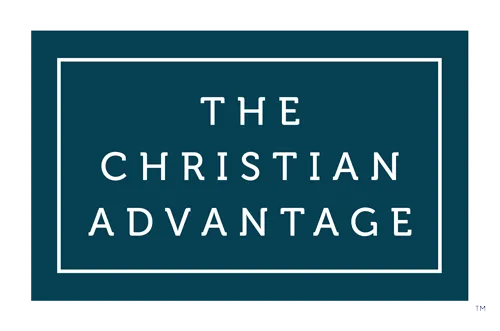(An excerpt from TCA Lesson, “Excellence”)
Swiss watches, Godiva Chocolates, Hallmark Cards and Rolls Royce automobiles. These products are known for Excellence. They are not based on marketing or public relations, but on a reputation for quality. These reputations did not spring from a single product, but from a tradition of continual improvement and leadership focused on the last 10%.
Swiss watches have been painstakingly crafted by hundreds of artisans over the centuries. Godiva’s recipe and Hallmark’s level of artistry evolved over time. Each Rolls Royce model is held to stringent standards other automakers would not attempt to replicate. Each is proof that nothing protects and enhances your reputation like Excellence. It’s word-of-mouth marketing. It’s hard to buy that kind of advertising. Companies known for Excellence often create new market strata with no competition. Customers are predisposed to buy these items long before they see any specific products.
Excellence is more than the result; it includes the attitude behind the result. It includes each step in the process. It is a commitment to unrelenting quality, continuous improvement and unquestioned reliability. It involves every hand that touches a project and every voice that deals with a customer. It needn’t involve the most expensive materials, but the materials that best meet the consumer’s preferences. It doesn’t require the longest gestation period, but the proper amount of hours wisely spent. It is the realization that there is no time limit on reliability; no upper end on quality. Acknowledging that, the last 10% marks the dividing line between what’s acceptable and what is exceptional.
Excellence requires constant measurement and feedback, never resting on its laurels, but always imaging how to improve and better serve customers in the future.
Learn more about the Godly pursuit of Excellence. Click here.

